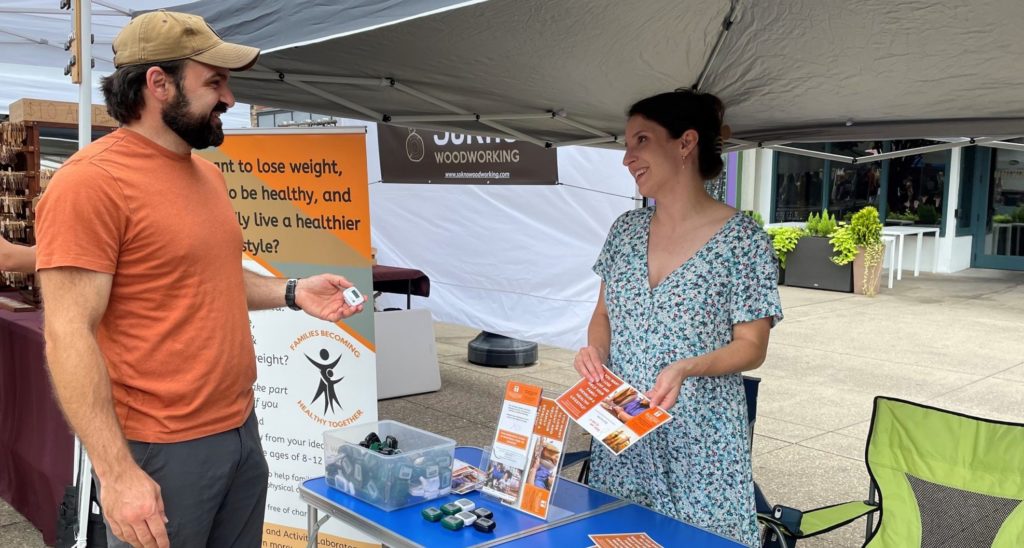General Information about Research
Before enrolling in a study, researchers may ask questions to determine if you are eligible to participate.
Informed Consent
- Asking the potential participant to review written study information
- Giving the potential participant time to review the information and consider participation (taking it home to discuss with others if desired)
- Giving the potential participant time to discuss the information in the consent form with researchers and to ask them questions about the study
Note that as a participant in a study, your decision to participate is voluntary and you may change your mind at any time.
Under Tennessee State Law, children under the age of 18 are generally not allowed to consent for themselves and parent permission for them to participate in a study may be required. In this case, the study team will also ask the child whether they want to participate in the study. This process is called obtaining assent from the child.
What should I know as a research participant?
- Why the study is being done.
- Why you are being asked to participate.
- How long your participation will last.
- What will happen during the research process.
- Any expected risks or benefits you might experience.
- Any expected costs to you.
- What you can do instead of participating.
- Reasons you might be asked to leave the research.
- Who you can contact for questions about the research and your rights as a research participant.
- Whether your information will be used in future research.
- Your option to withdraw from the study at anytime without any penalty and without having to give a reason.
Once you provide consent, the specific procedures or activities you’ll be asked to complete can vary depending on what is being studied. All the activities you will complete will be described to you during the consent process.
- there is a good reason to conduct the study
- the risks related to participating are the least possible
- the risks related to participating are reasonable given the knowledge that will be gained from conducting the study
- the plan for selecting participants is equitable (meaning that everyone who is eligible has an equal chance to participate)
- participants will be provided enough information about the study, in an understandable manner, to make an informed decision about participation
If you leave before the end of the research, please check your consent form and confirm with the research team about compensation.
